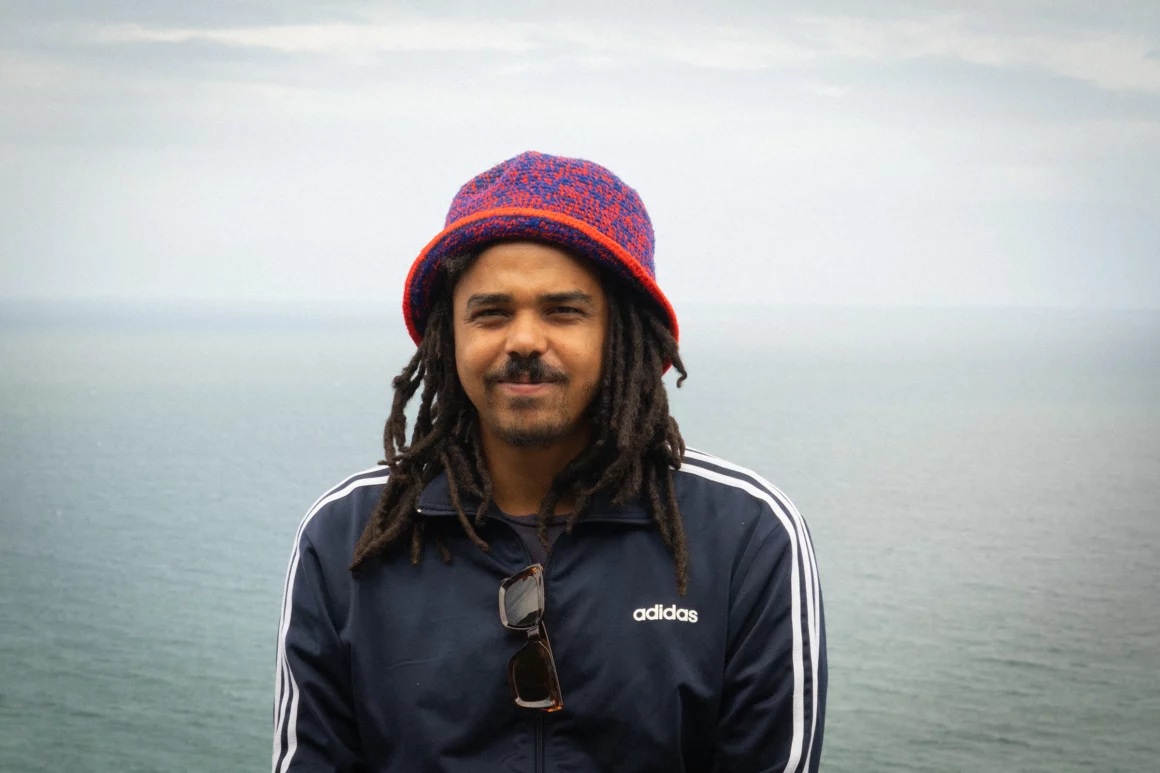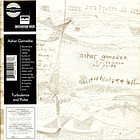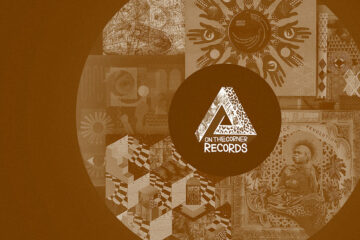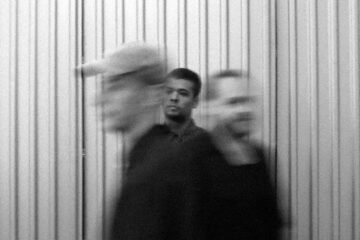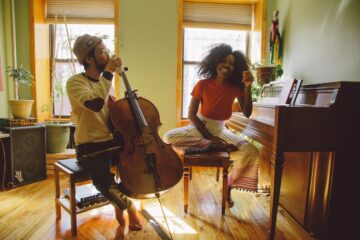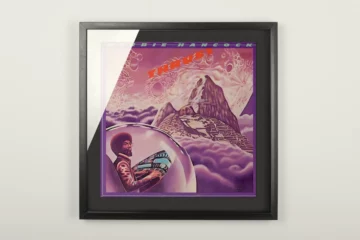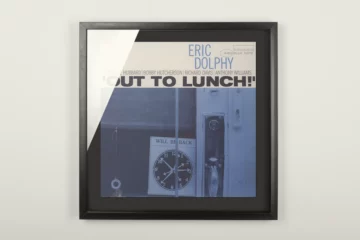Asher Gamedze is writing his doctoral thesis in history, he is a left-wing activist and percussionist. He also calls himself a »cultural worker«. The South African’s work – whether at university, on the streets or behind the drums – is aligned with a moral compass. Gamedze quotes Marx. Talks of dialectics. In words chosen by someone who wants to rescue thought from the ivory tower, to find empowerment where others failed to even look.
»In many ways, the work of a historian and that of a musician feel like the same thing,« remarks Gamedze when I reach him on Zoom in his study in Cape Town. Behind him, a shelf overflows with folders, notes are piled up, the round brass of a basin protrudes from the right-hand section of the image. »Both areas deal with memory. Be it the memory of musical traditions and what they express. Or the memory of historical events.«
»Black music is never a blank slate.« (Asher Gamedze)
Asher Gamedze
Gamedze, who was born in Bristol in 1989, later moved to Johannesburg with his parents and went to study in Cape Town. He describes music as the preserver of memory. For him, musicians are producers of history. They write it down. In the form of notes. But also by expressing what concerns and affects them through music. The music thus becomes an expression of the state of their present world. His work as a percussionist consists of clarifying something that is already contained in the music, explains Gamedze.
»In many ways, the practice of a historian and the practice of a musician feel like the same thing — expressed in different ways, both concern and are interested in memory. Whether it’s the memory of musical tradition and what they express or memory of historical events. Music has always been a keeper of memory all around the world, it writes and produces history.«
What it means to open up time
Gamedze starts playing percussion during his time at high school. »More by chance than anything else,« he says. His parents had encouraged him to take up music as they had encouraged his two older sisters. However, neither the keyboard nor the guitar sparked the enthusiasm that Asher Gamedze felt when he sat at the drums for the first time.
But he didn’t have the money for his own kit. So he borrows the drums from a friend – and never returns them. He tries out different styles, goes to metal and reggae concerts. His open-mindedness leads him to free jazz. Finally, he plays with Angel Bat Dawid and their Brothahood band in 2019.
»Magic can happen [when] we embark in a direction that is not predetermined«.
Asher Gamedze
His first solo album was released in 2020 on On The Corner Records. It’s called »Dialectic Soul«. On it, Asher Gamedze composed music that sounds like coincidence: improvisation, free jazz, avant-garde. A second album is now on the way. »Turbulence & Pulse« is the continuation of what he describes as an »endless journey«, i.e. his drum playing, which he considers to be in the tradition of legendary drummers like Rashied Ali, Sunny Murray or Elvin Jones. Gamedze doesn’t like to say that outright – he’s not a show-off. Rather, his words resonate with awe and appreciation when he talks about what he calls those »who open up time«.
Gamedze knows, however, that he is acting in the capacity of an heir to these drummers when he cites the »speculative practice« of their music. »The composition becomes the occasion for playing together, where a certain magic can occur, provided we embark in a direction that is not predetermined,« he asserts. Gamedze references his ensemble coming together to organise something. This »something« may be resistance or distraction, radical change or militancy – it is and remains the root »of all things«. Ultimately, it is composed of what he often calls »the collective« in a political context.
Gamedze brings the past to life with his work. It is his driving force and role model. Stories speak from it. Not only for him as a historian, but as a drummer who leaps into time, opens it up and stretches it so far that it becomes an unstoppable movement that produces and becomes history. You don’t have to be a musician, or to have studied or taught to feel that. You just have to listen carefully – and in doing so learn something about that reality that lies outside of one’s own reality.

